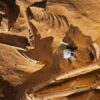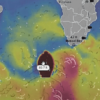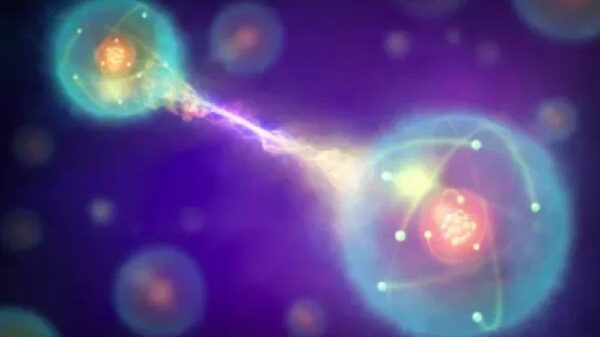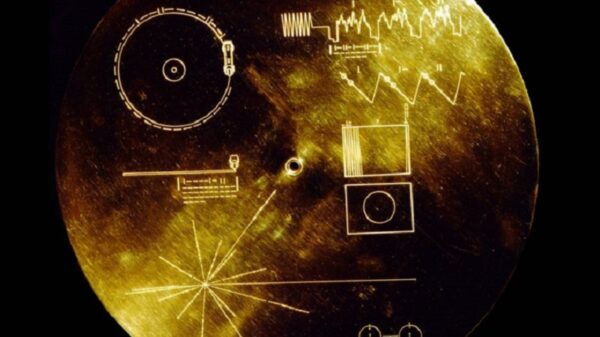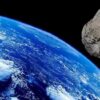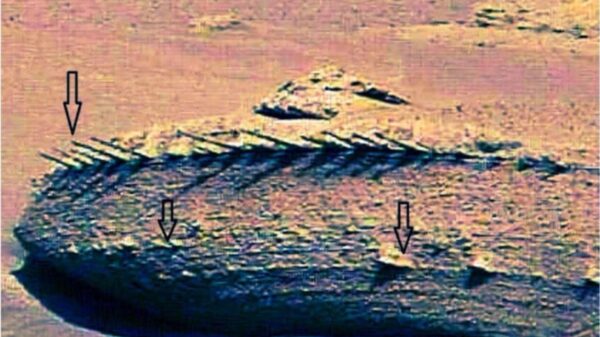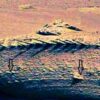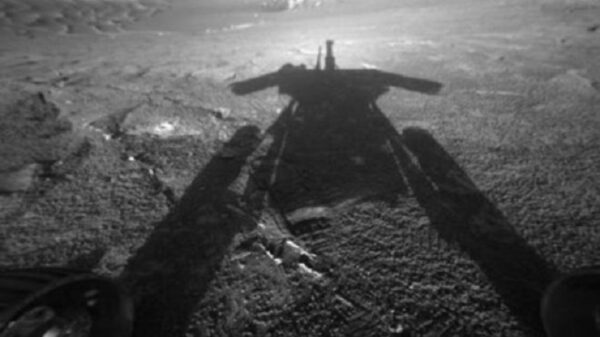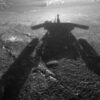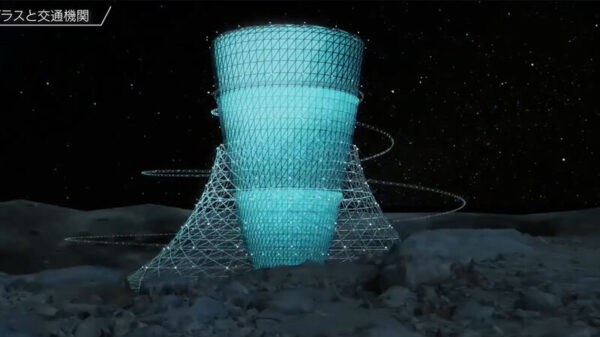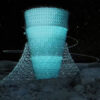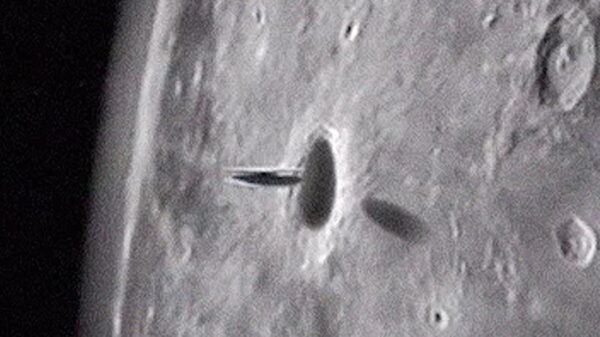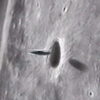It may just look like your average rock, but in fact it’s an extra-special delivery from the red planet. Laboratory analysis has revealed that a specimen bought from a Moroccan meteorite dealer in 2011 is the first sample of Martian origin that is similar to the water-rich rocks examined by NASAs rovers.
The meteorite, dubbed Northwest Africa (NWA) 7034, contains a concentration of water by weight about ten times higher than in any of the other 100 or so known Martian meteorites those rare rocks that get ejected from the Martian surface into space when an asteroid hits the planet, and eventually find their way to Earth. Its also the only known Martian sample on Earth that hails from a critical period, about 2 billion years ago, when Marsis thought to have become colder and drier than it was originally.
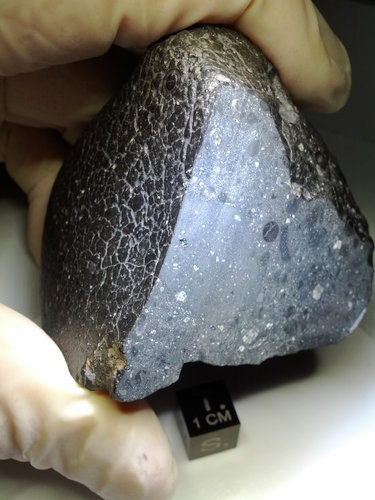
You May Also Like
Conspiracies
A quantum computer is a fundamentally new logic in electronics hardware that has literally incredible potential compared to traditional systems. In short, in a conventional...
Mysteries
If on a clear evening you manage to find the constellations Ophiuchus and Hercules in the sky, know that the famous Voyager 1 probe...
Space
On September 27, 2022, NASA collided its spacecraft with an asteroid to test the theory that the asteroid was likely to be redirected. This mission...
Fact or fiction
A bone-like rock with its strange pointed protrusions has been described as one of the “strange” objects ever discovered on the surface of Mars. Speculations...
Fact or fiction
From time to time, former military personnel, employees of the CIA, KGB, NASA and other well-known agencies and organizations share information. In 2018, Jim...
Science & Technology
Human colonization of the Moon and other planets may still be many decades away. However, its return to the Moon is now a matter of time, as...
Conspiracies
In 2018, several ufologists and astronomers issued a statement regarding the fall of an unknown object on the moon. Allan Hendry, a US astronomer,...
Aliens & UFO's
For the first time in history, NASA agreed that UFOs – “Unidentified Aerial Phenomena” (UAP), as it is now customary to call mysterious craft...

